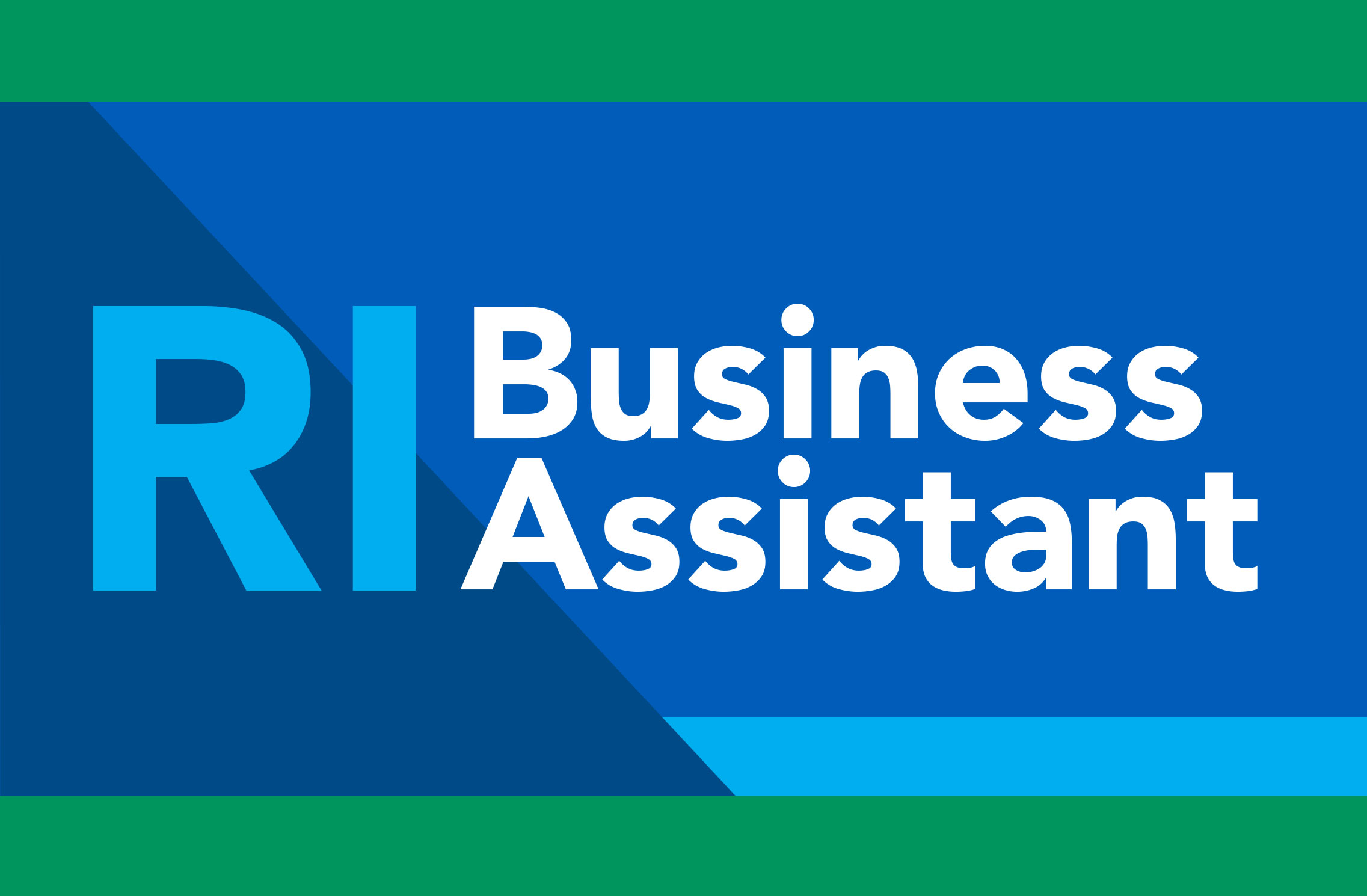Your Structure
The chart below outlines the two structures available for non-profit organizations in Rhode Island. It is best to consult with an attorney about which structure is best suited for your organization.
| Non-Profit Corporation | Charitable Trust | |
|---|---|---|
| Who are the owners? | No owners, governed by Board of Directors (minimum of 3 directors). | No owners, governed by the Trustees. |
| What are the governing documents? | Bylaws. | A will, indenture, and/or other Trust Instrument. |
| What is the source of initial business funding? | Grants, individual contributions/donations, fees for services. | A will, indenture, and/or other Trust Instrument. |
| Who is liable? | The corporation is liable for debts. Directors/Employees are not personally liable for debts of the corporation | The trust is liable for debts. Trustees/Employees are not personally liable for debts of the trust. |
| Who receives profits? | Profits cannot be distributed among members or officers. Profits can only be used to pursue its stated purpose. | Profits cannot be distributed among trustees or employees. Profits can only be used to pursue its stated purpose. |
| What income taxes must be paid? | There is no Rhode Island income tax*. The organization may owe federal income tax unless it was granted tax exempt status by the IRS. | There is no Rhode Island income tax*. The trust may owe federal income tax unless it was granted tax exempt status by the IRS. |
| What are the initial and annual filing obligations in RI? | File Articles of Incorporation with the RI Department of State ($35). Submit an annual report to the RI Department of State between February 1 and May 1 each year, excluding the year of incorporation ($20). | File a Charitable Trust Registration Statement with the RI Attorney General ($50). Submit an annual report to the RI Attorney General by July 1 of each year ($50). |
A Charitable Trust can also be registered as a non-profit corporation. For more information on Charitable Trusts see the Attorney General’s Website.
*Non-profit corporations can generate unrelated business income by regularly performing a trade or business activity that is not substantially related to its exempt purpose. Unrelated business income over $1,000 must be reported to the IRS and the RI Division of Taxation. Learn more.

